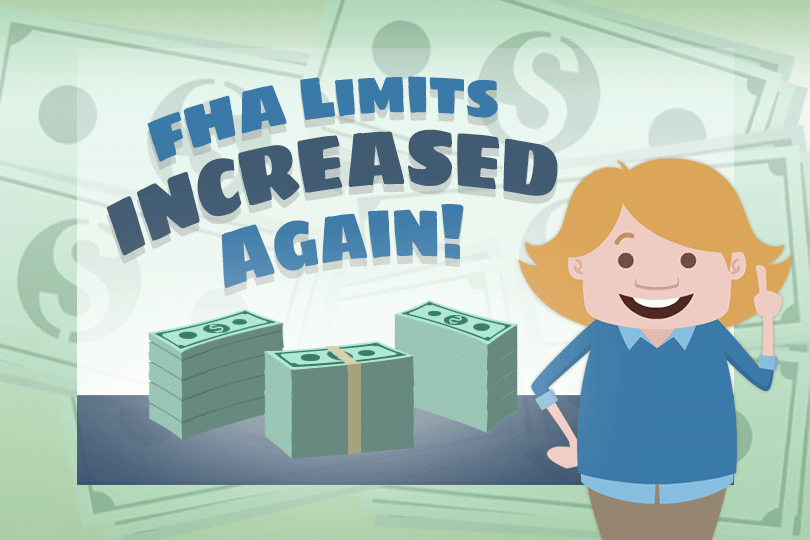Why Do FHA Loans Have Borrowing Limits?
October 14, 2023
FHA loan limits serve as a crucial mechanism to balance financial sustainability, regional variations in housing costs, and the agency's mission to promote homeownership, particularly for those with limited financial resources.
Financial Stability
FHA is a government agency that provides mortgage insurance to lenders, allowing them to offer loans with lower down payment requirements and more flexible credit criteria. If a borrower defaults on their FHA mortgage, the government steps in to protect the lender. To maintain the financial stability of the FHA program, the agency sets loan limits to prevent excessive risk exposure. These limits help ensure that FHA can cover potential losses if a default occurs.
Protecting Taxpayer Funds
FHA operates with the backing of the U.S. government, and its insurance program is funded by both premiums paid by borrowers and the backing of taxpayer funds. Loan limits exist to help ensure that the fund remains adequately capitalized to cover claims without relying heavily on taxpayers.
Regional Housing Costs
Housing costs can vary significantly across the United States and loan limits are adjusted to reflect regional variations. Major cities and expensive real estate markets will have higher FHA loan limits to help borrowers access affordable financing. As one might expect, areas with lower housing costs have lower loan limits.
Promoting Homeownership
The FHA was created to facilitate homeownership for lower- and moderate-income individuals and families. By setting loan limits, the FHA can target its support to those who might not otherwise qualify for conventional financing so they can purchase homes in markets with affordable housing options.
Loan limits are updated annually to reflect changes in housing costs and market conditions. It's important to note that the specific loan limits can vary by county or metropolitan area. Borrowers looking to utilize FHA loans should check the current loan limits in their area to determine the maximum loan amount they can qualify for.
------------------------------
RELATED VIDEOS:
Home Equity Can Secure Your Second Mortgage
Consider the Advantages of Discount Points
FHA Limits are Calculated and Updated Annually

FHA Loan Articles
January 30, 2025FHA residential refinance loans, insured by the Federal Housing Administration, allow homeowners to refinance their existing mortgages. They potentially have more flexible qualification requirements than conventional loans. FHA refi loans can lower monthly payments, shorten the loan term, consolidate debt, or even access cash for home improvements or other needs. Understanding the eligibility criteria and different refinance options is crucial for homeowners considering this option.
January 29, 2025Are you about to graduate from college and are already thinking of what your dream home might look like? Understanding the intricacies of the mortgage is an essential step in your journey toward home ownership. Two key terms you'll encounter early on are "FICO score" and "credit history." How do these two things affect your ability to buy a home?
January 28, 2025Are you dreaming of transforming a diamond-in-the-rough house into your ideal home? Fixer-uppers offer a unique opportunity to personalize your living space and potentially build equity at a price lower than some occupant-ready homes.
January 27, 2025When buying or selling a home, two critical processes are often confused: the appraisal and the inspection. Though both involve a thorough examination of the property, they serve distinct purposes and provide different types of information vital to a successful FHA loan transaction.
January 22, 2025Consider this scenario: you've been in your home for five years or more and you've likely built up a significant amount of equity, and now you might be wondering how to put that equity to work for you. Whether you're dreaming of a major renovation, need to consolidate debt, or want to help a child with college tuition, you have options. Two choices are an FHA cash-out refinance and a home equity line of credit (HELOC).







